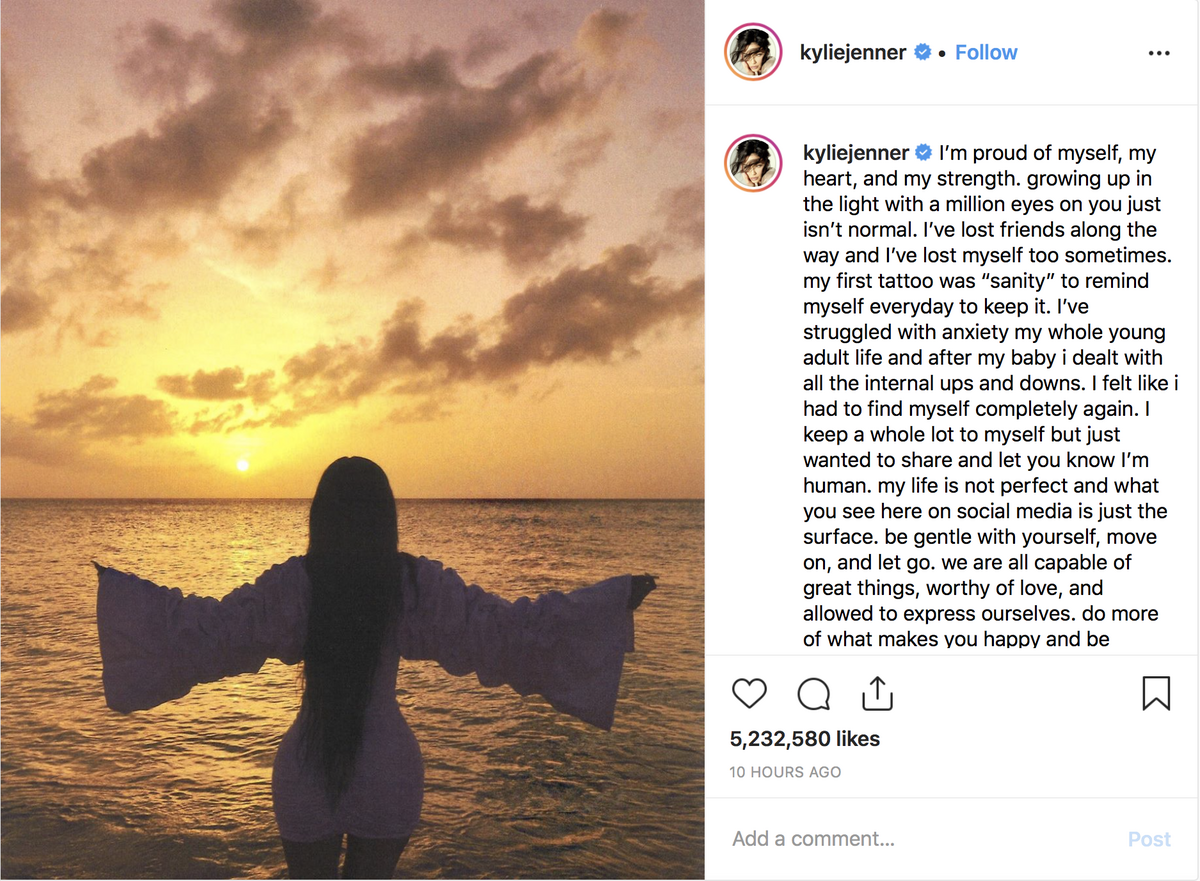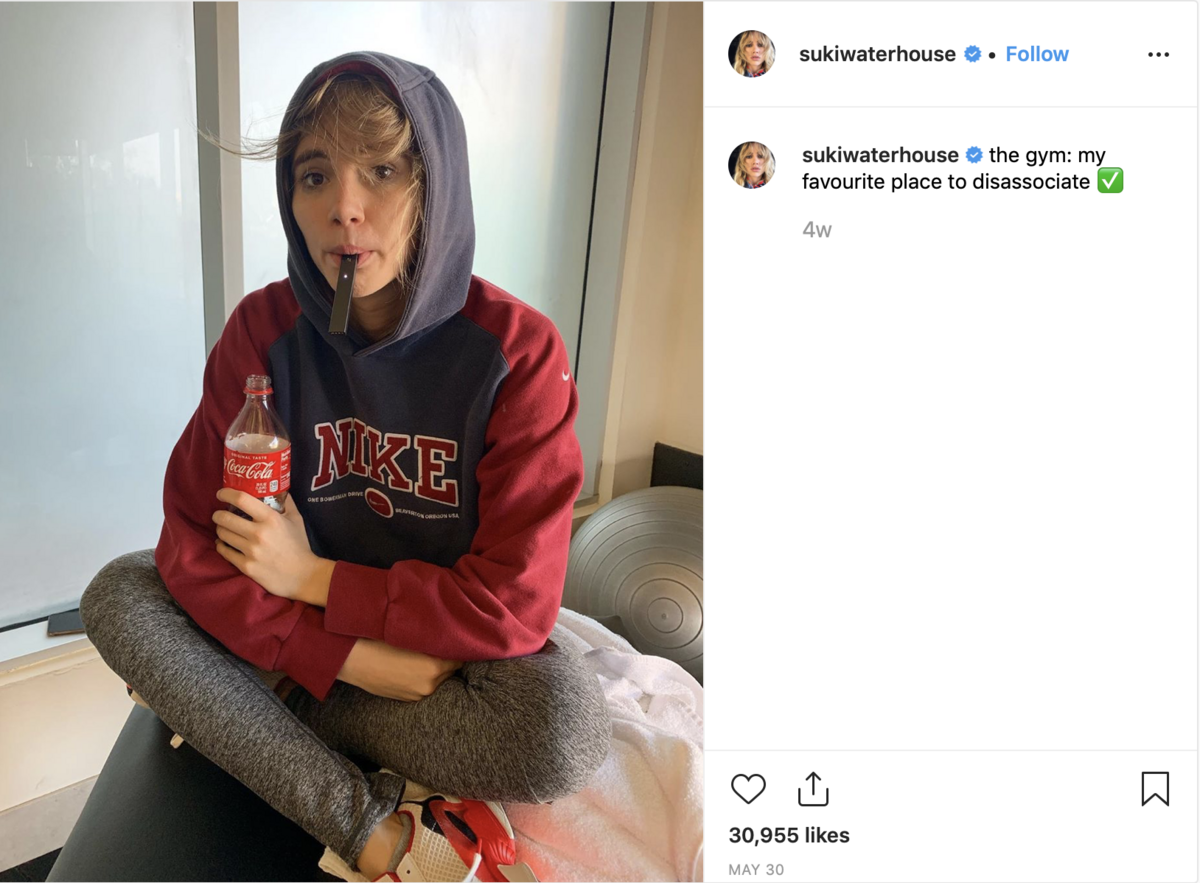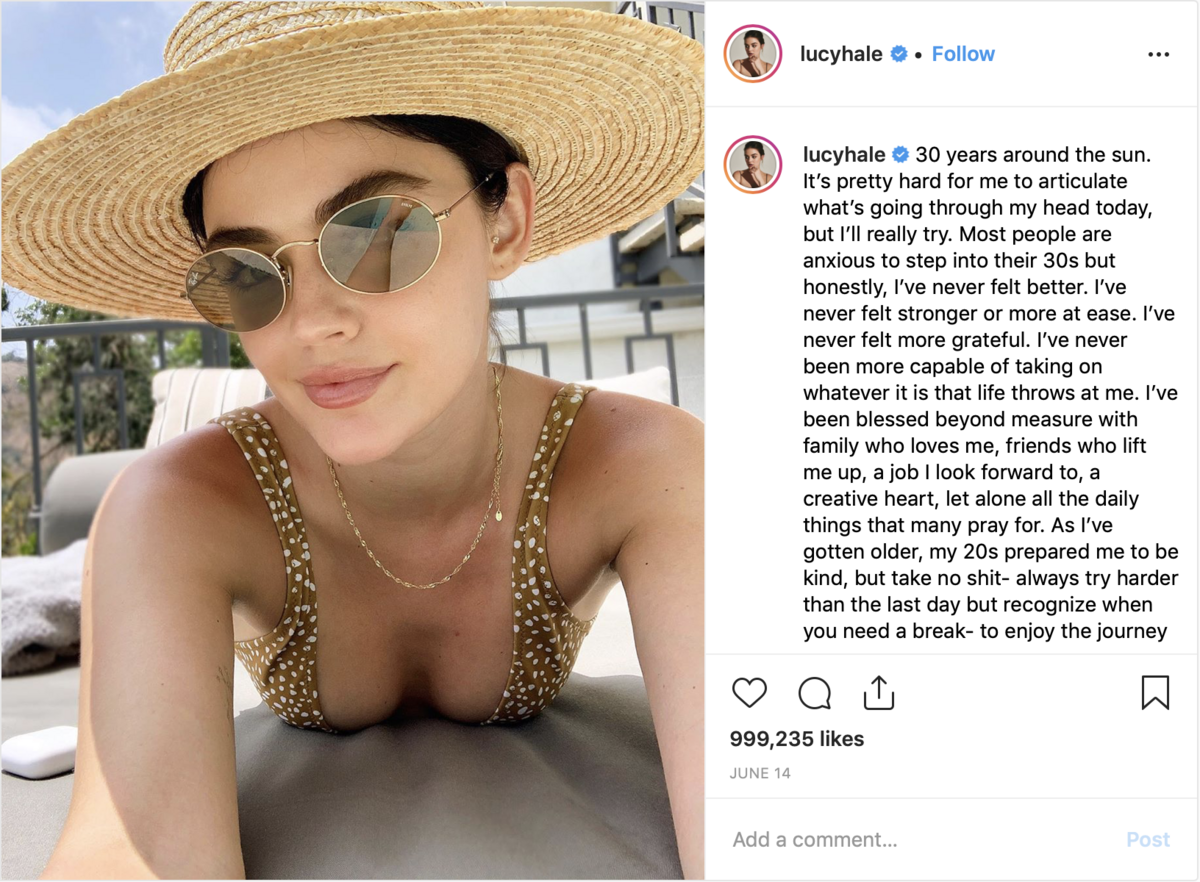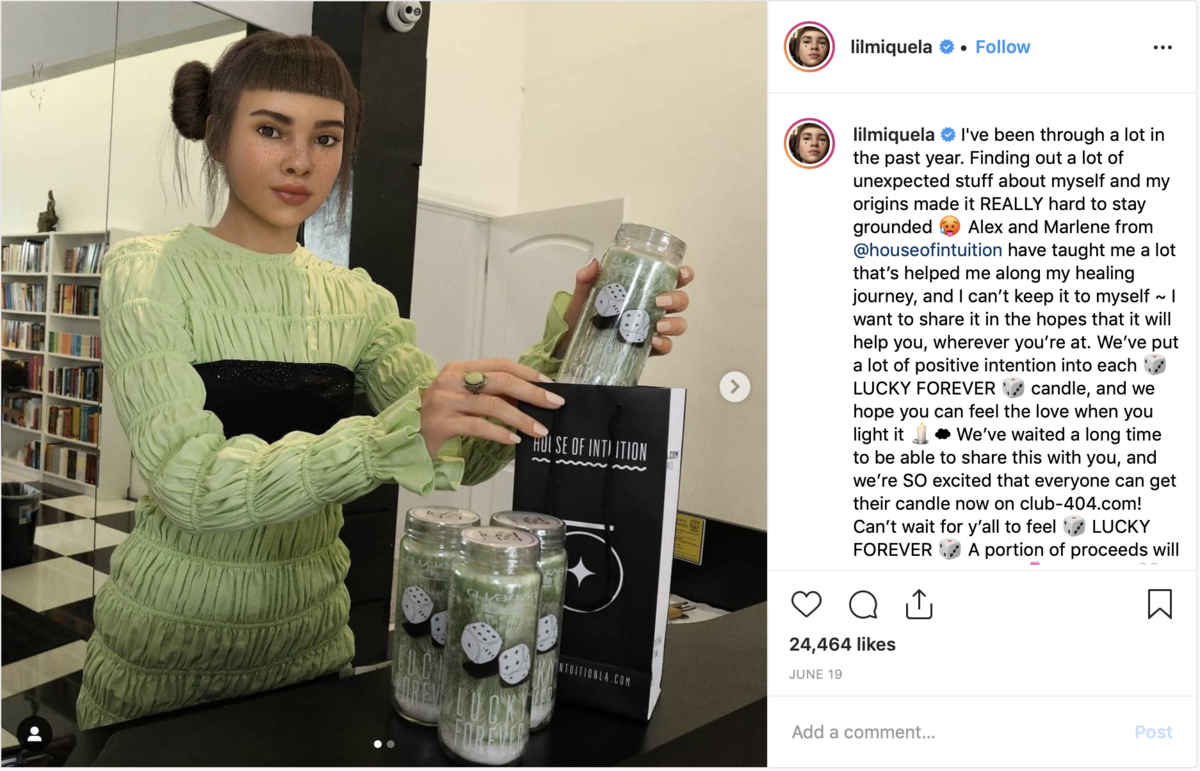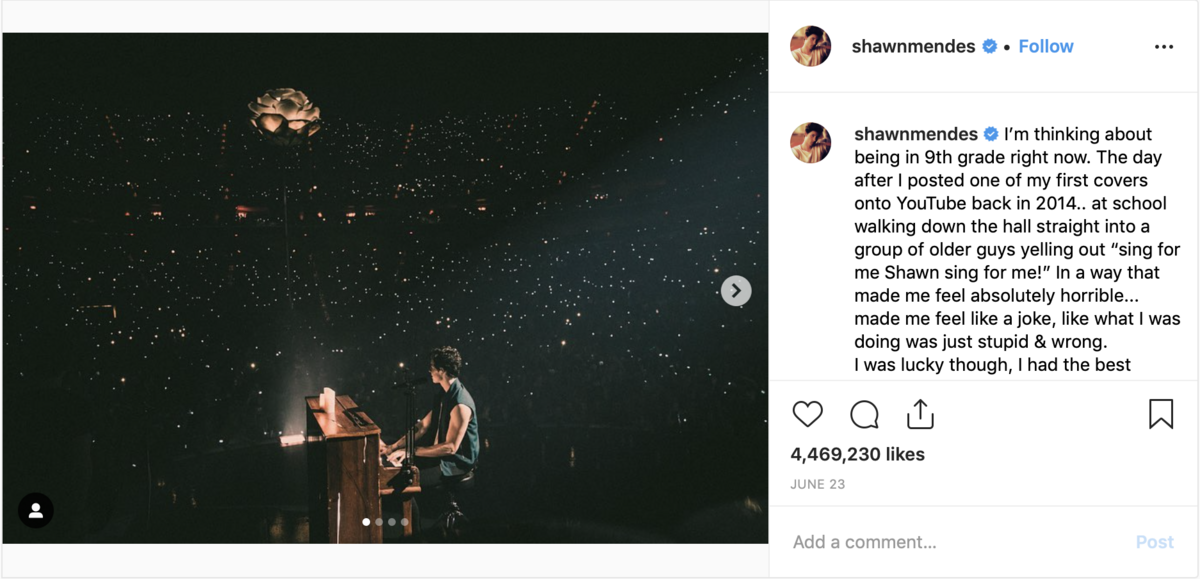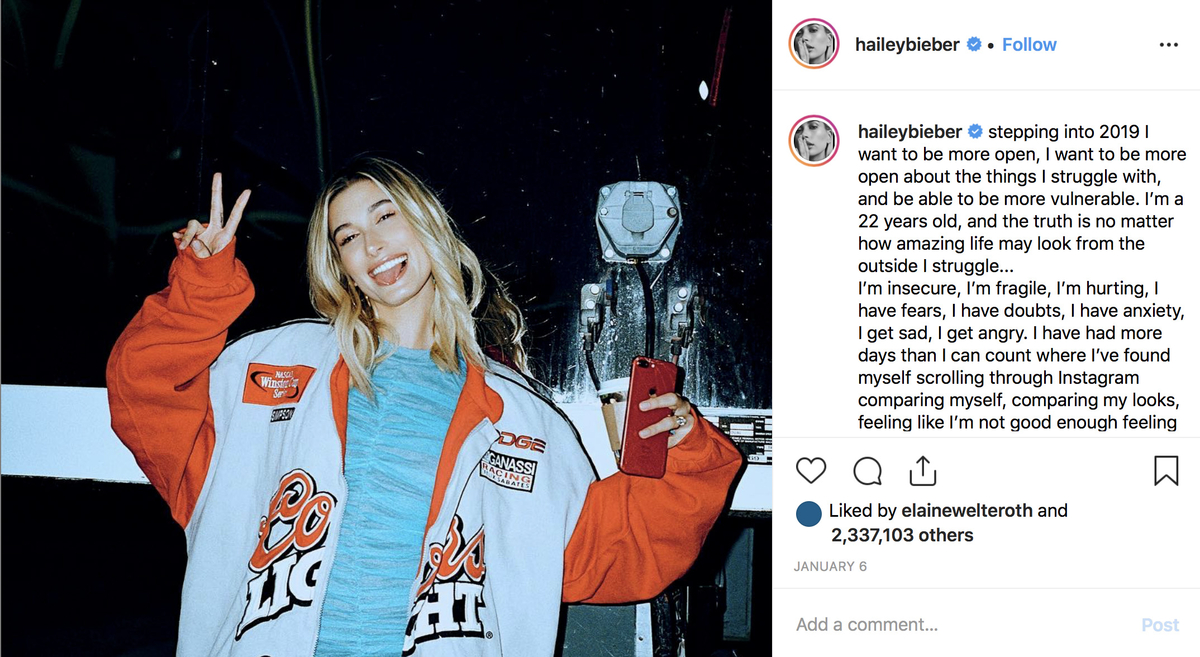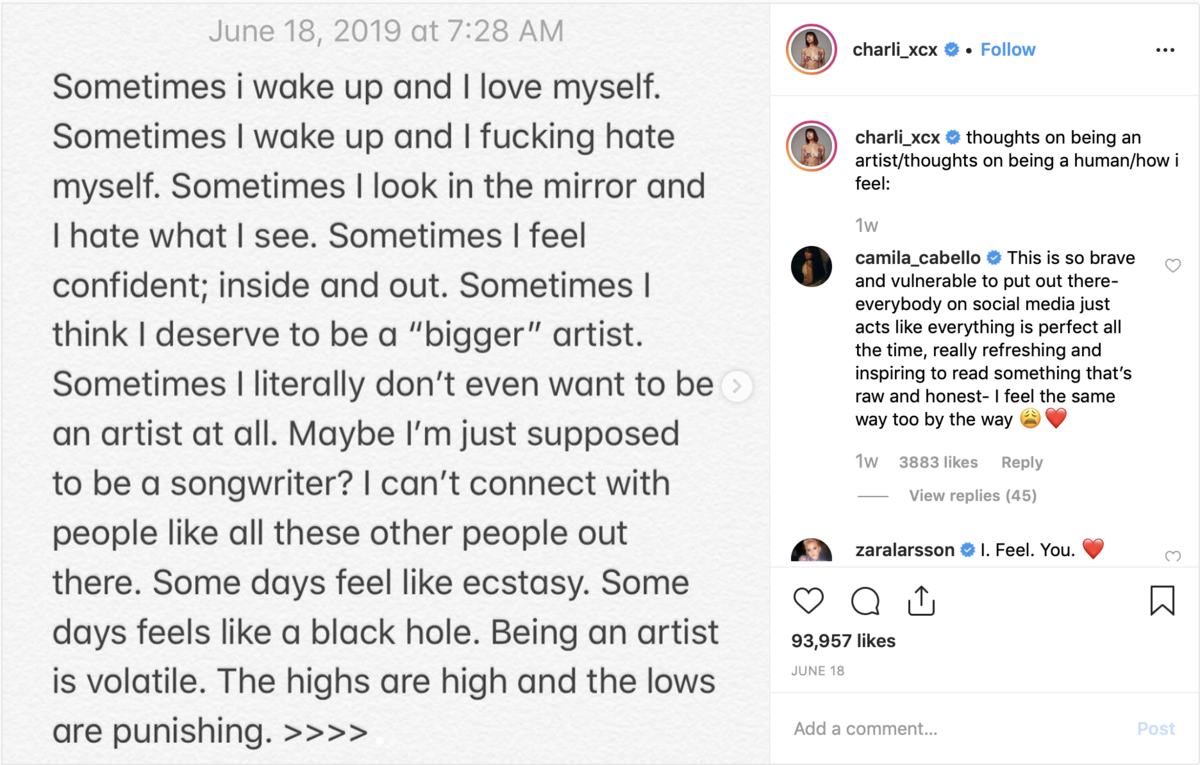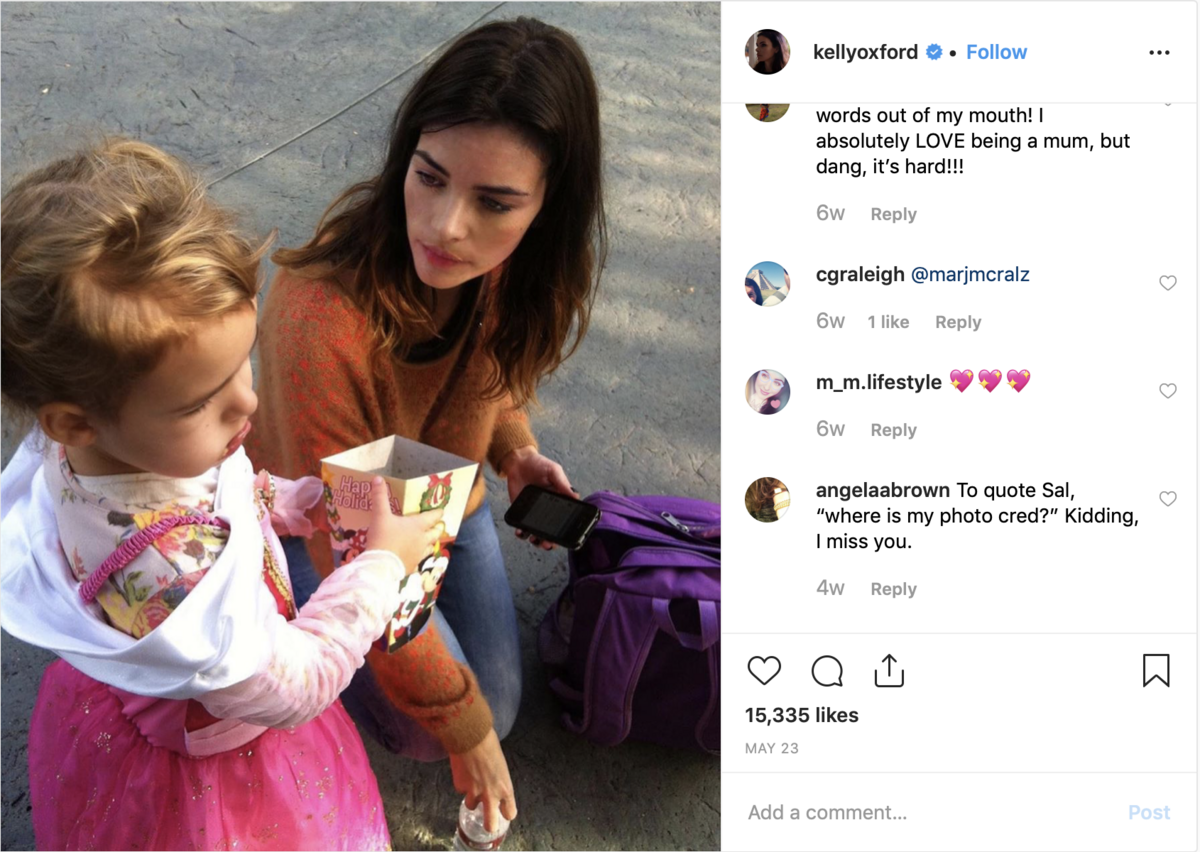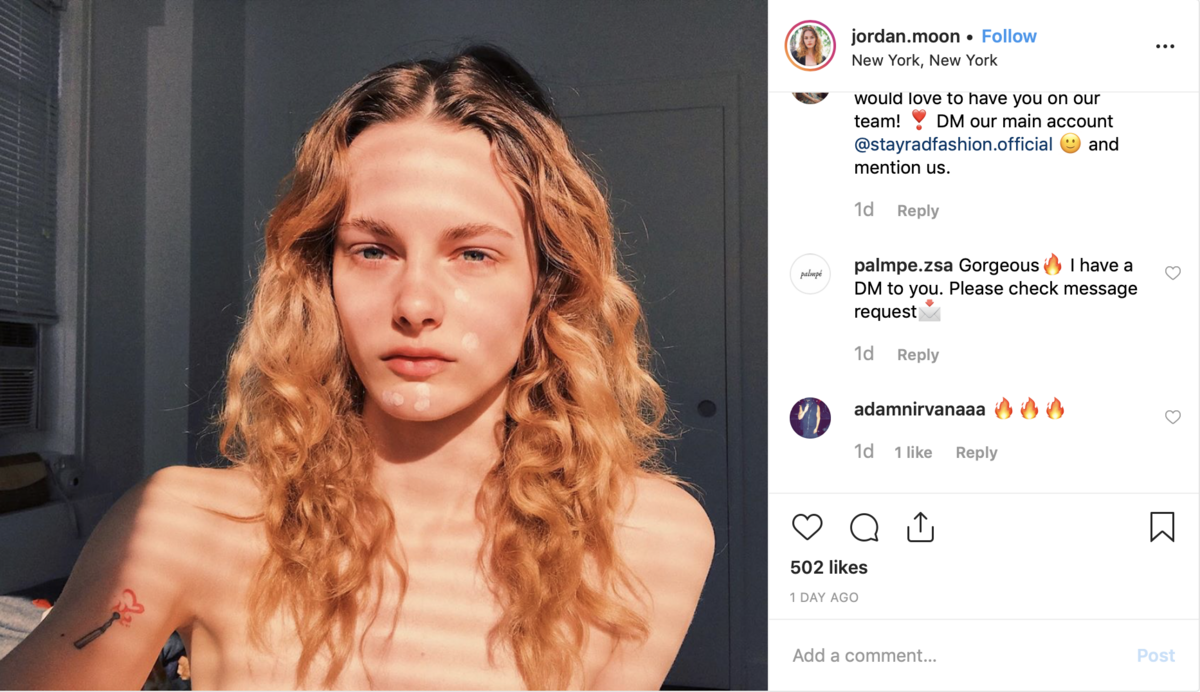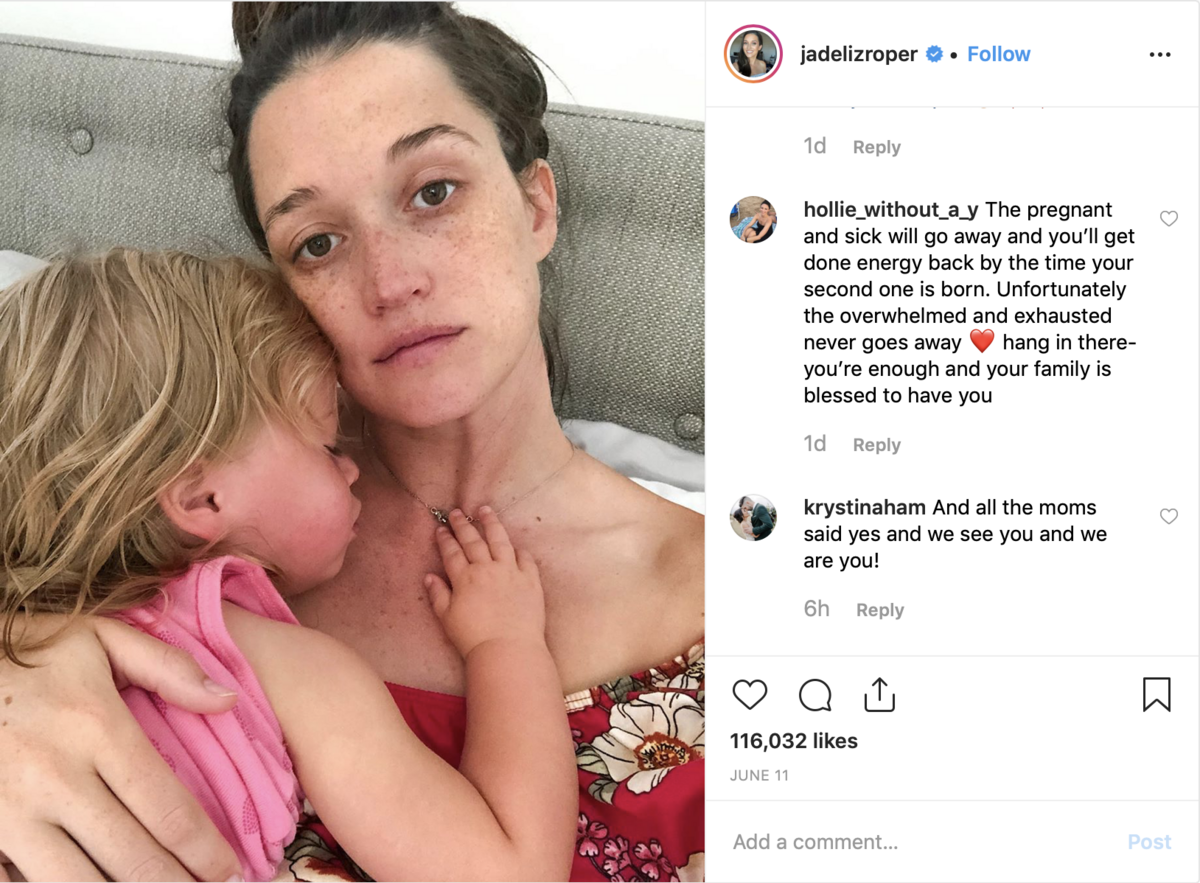Once upon a time, social media was a repository of deception. From the beginning, its underlying purpose was to allow you to put forth an idealized version of yourself. We’ve all experienced running into old friends—who, by all indications, were killing it online—only to be shocked to learn that they actually wanted to be killed IRL. Well, those days are over. For better or worse, I now know exactly what is going wrong in the lives of everyone on the Internet because everyone has come around to divulging their deepest emotions like it’s some kind of online personal diary. The middle-school diary that you’d sooner die than have read is now voluntarily posted for the public, with all of the common sense and sophistication you carried at that age as well.
For better or worse, I now know exactly what is going wrong in the lives of everyone on the Internet.
The place that once let you dupe followers into thinking you were living your best life is now there to show off your worst one, in a collage of misery made up of doctor visits, pimple cream, parking tickets, and anxiety attacks. Five years ago, a common attitude was “Were you really on vacation if you didn’t post on Instagram?” Today’s version is “Were you really in the hospital if you didn’t post a selfie in your gown?” Captions are long-winded paragraphs the length of a New York Timesop-ed, often revealing secrets too intimate to share even with a therapist. They usually start with a disclaimer like “I don’t normally do this, but … ” or “The past year has been … ” then proceed to describe in excruciating detail the author’s emotional journey (it’s so often a journey) and end by assuring the reader that the author is “on the road to happiness.” Expecting people to read about your journey is the same as expecting them to hear about your dream from last night.

